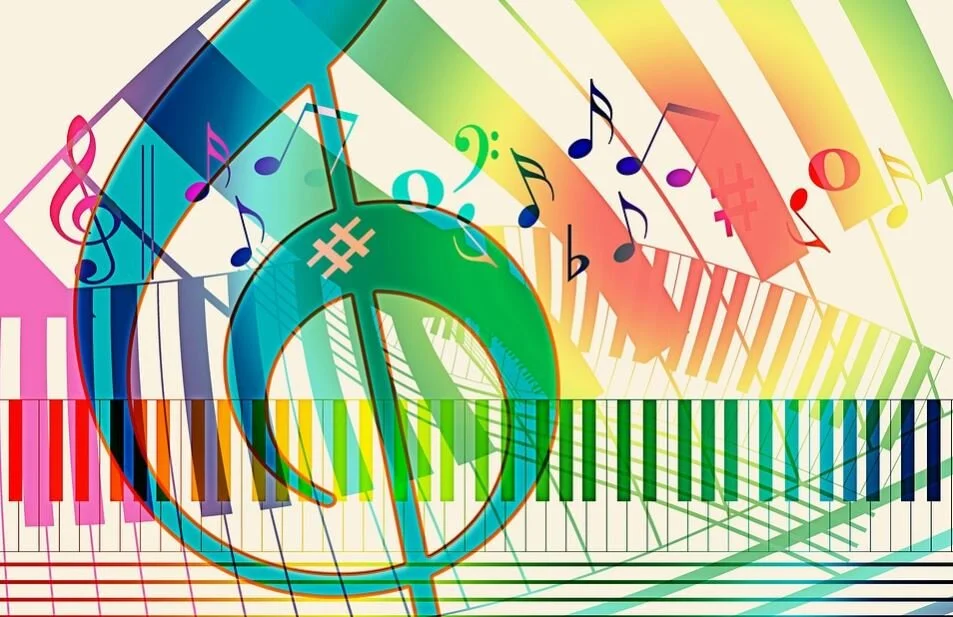Habakkuk's Song
A prayer of Habakkuk the prophet upon Shigionoth. Habakkuk 3:1 (KJV)
The third chapter of Habakkuk is an interesting one. Some Bibles title it Habakkuk’s Prayer, but it is actually his prayer and song. Verse 1 says it is a prayer upon shigionoth. Upon shigionoth in Hebrew means according to variable songs or tunes. So, basically, Habakkuk is singing his prayers.
In this chapter, we see three selahs (verses 3, 9, and 13), which supports the fact that it is a song. The word selah can mean vocal pause, a change in instrumentation, a modulation or musical interlude. This indicates that selah is often a musical term. In the Passion Translation (TPT), selah is interpreted, “Pause in His presence.” The Amplified Bible Classic Edition (AMPC) renders it “Pause and calmly think on that.” In other words, it is a rest, where no sound is coming forth, which allows the listener (as well as the singer and musician) to ponder the message. So, we see three interludes, or selahs, in this chapter.
Yet I will rejoice in the Lord, I will joy in the God of my salvation. The Lord God is my strength, and he will make my feet like hinds' feet, and he will make me to walk upon mine high places. To the chief singer on my stringed instruments. Habakkuk 3:18-19 (KJV)
Stringed instruments in verse 19 is the word neginoth, which does indeed mean stringed instruments. This reinforces the idea that the prophet was singing his prayers and playing them on instruments. Habakkuk’s songs took a prophetic turn and he began prophesying, even on his instruments.
In verse 18, he said that he would rejoice, which, in Hebrew, means to jump for joy. Habakkuk said he would joy in God. Joy means to spin around under the influence of a violent emotion. It tells us that the prophet was praying, and prophesying vocally and on his instruments as he was jumping, spinning and dancing unto the Lord. He was quite animated before the Lord. He got his whole body involved as he declared the Word of the Lord.
As we sing, play, pray, and prophesy, this releases a creative flow of worship. The prophetic, whether expressed on instruments, vocally, in prayer, or in the dance, comes forth as expressions of prophetic worship.
In all the hard times that Habakkuk saw, he said he would rejoice and joy in God. He declared that God was his strength and would put him where he wanted him to walk, keeping his steps firm and sure. He declared this by singing and playing his instruments. No matter what we face, we must keep singing, praying, playing, dancing, prophesying, and worshiping. When we do, we will see a divine turn-around. God will meet us in the midst of tough times. We’re coming out on top- praising God all the way!





